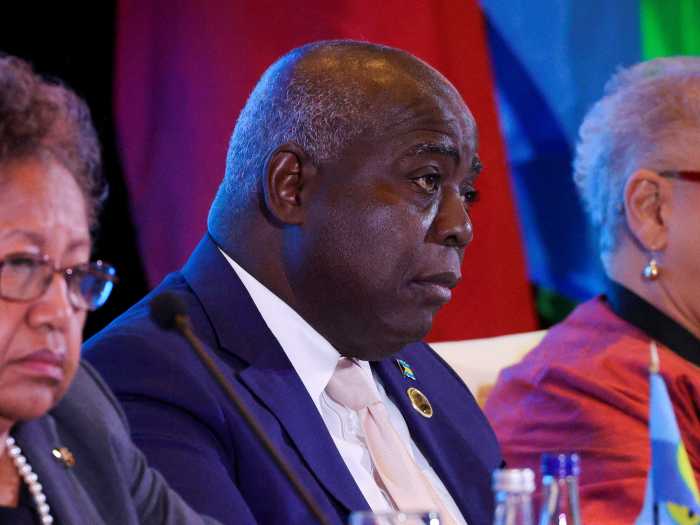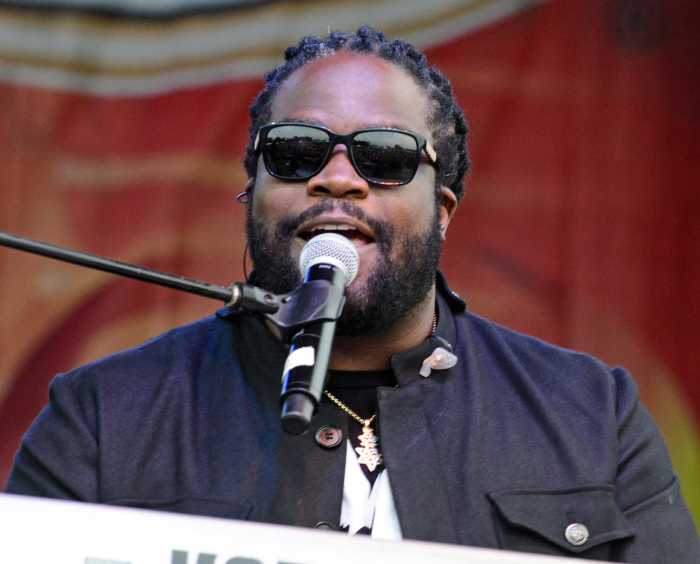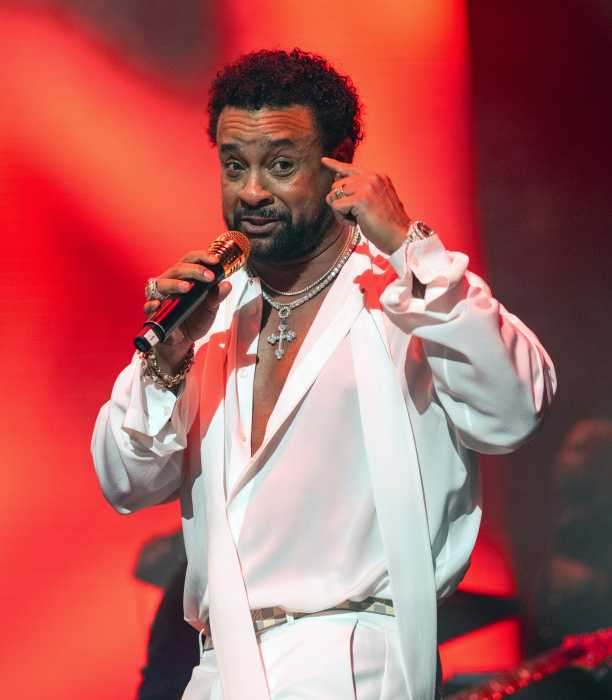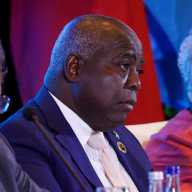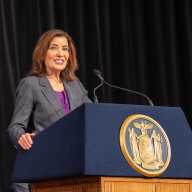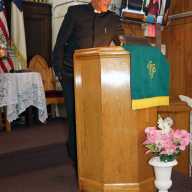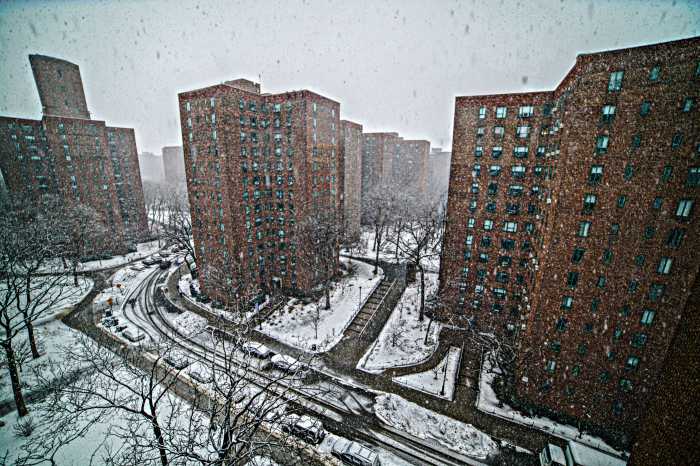An embarrassing diplomatic situation has emerged in the 15-nation Caribbean community family following a very recent decision by Jamaica to unceremoniously break ranks with its regional brethren and field a second CARICOM candidate for the post of Commonwealth secretary general despite leaders already agreeing on a unified nominee for the post.
The administration of Prime Minister Andrew Holness dropped the bombshell at the weekend when it unveiled Minister of Foreign Affairs, Kamina Johnson-Smith as its own candidate for the post despite Jamaican voting with other CARICOM heads in Belize last month to support Dominica-born incumbent Secretary General Baroness Patricia Scotland.
Clearly shaken up by the development, which can now make space for a candidate from outside the region to sneak into the position because of internal division, regional leaders have decided to meet in emergency session on Wednesday to discuss the issue. The meeting would be a closed door caucus session attended mainly by presidents and prime ministers.
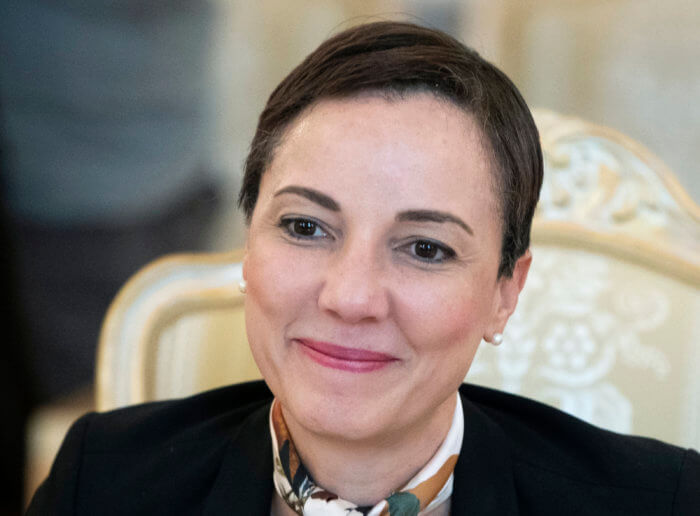
Critics now want to know which western superpower is in diplomatic backrooms cranking up Jamaica to split regional votes and unity by inserting Johnson-Smith into the race. If a candidate from the region fails at the next Commonwealth summit in Rawanda in June, it would mean that CARICOM would have been denied its two consecutive terms allocation that other regions have enjoyed over the decades.
Many leaders and diplomats say they feel betrayed by Jamaica as no one had perceived any disagreement with the unanimous decision of heads of government at the Belize mid-year summit. Now, weeks after everyone thought the issue had been settled, in comes Jamaica, putting forward its own candidate and vowing continued support for her, at least for now.
Hinting at the consequential national embarrassment, an editorial in the Gleaner newspaper this week argued that it is urgent and important for the island to speak clearly on the snafu largely because the government could be seen as a “stalking horse’ for others. The matter again suggests a continuing erosion of Jamaica’s vaunted diplomatic skills of the past and perhaps the need for Prime Minister Andrew Holness to act on this newspaper’s previous urgings that his administration assembles a team of old foreign policy hands to help sort out an obvious problem.”
Baroness Scotland, 66, who was raised in England and had served as a parliamentary under secretary in a labor government and well as on the racial equality commission, has already been at the center of simmering controversies with influential western nations in the grouping like Australia, Canada and Britain over alleged corruption and cronyism. Some anger was also directed at her for sloth in reforming the London-based secretariat and its internal systems.
Reacting as the week began, Antiguan Prime Minister Gaston Browne and Dominica’s Prime Minister, Roosevelt Skerrit both complained about the break in unity.
“Those who are hounding Baroness Scotland out of office have now skillfully engineered a plan to divide CARICOM and to stain the performance of the region. We must not fall prey to these Machiavellian tactics. Despite the pledges of support, there is some level of naivety for Jamaica to believe that the success of its candidature will be assured,” CMC news agency reported. To the contrary, it would only serve as a gateway for a non-CARICOM secretary general to succeed. Jamaica should not fall for this mirage, by exposing one of its finest daughters to this Machiavellian trap, said Browne.
Skerrit, for his part, praised her reform efforts, noting that she has been a “voice for those of our countries without a voice. In her first term she delivered on reform and on change. She delivered on partnerships and innovation for the benefit of our countries, she delivered on good offices and democracy. She successfully braved the challenges of the climate crisis and of the COVID-19 pandemic and has laid a solid foundation to look at solutions for our countries in the future,” he contended.


